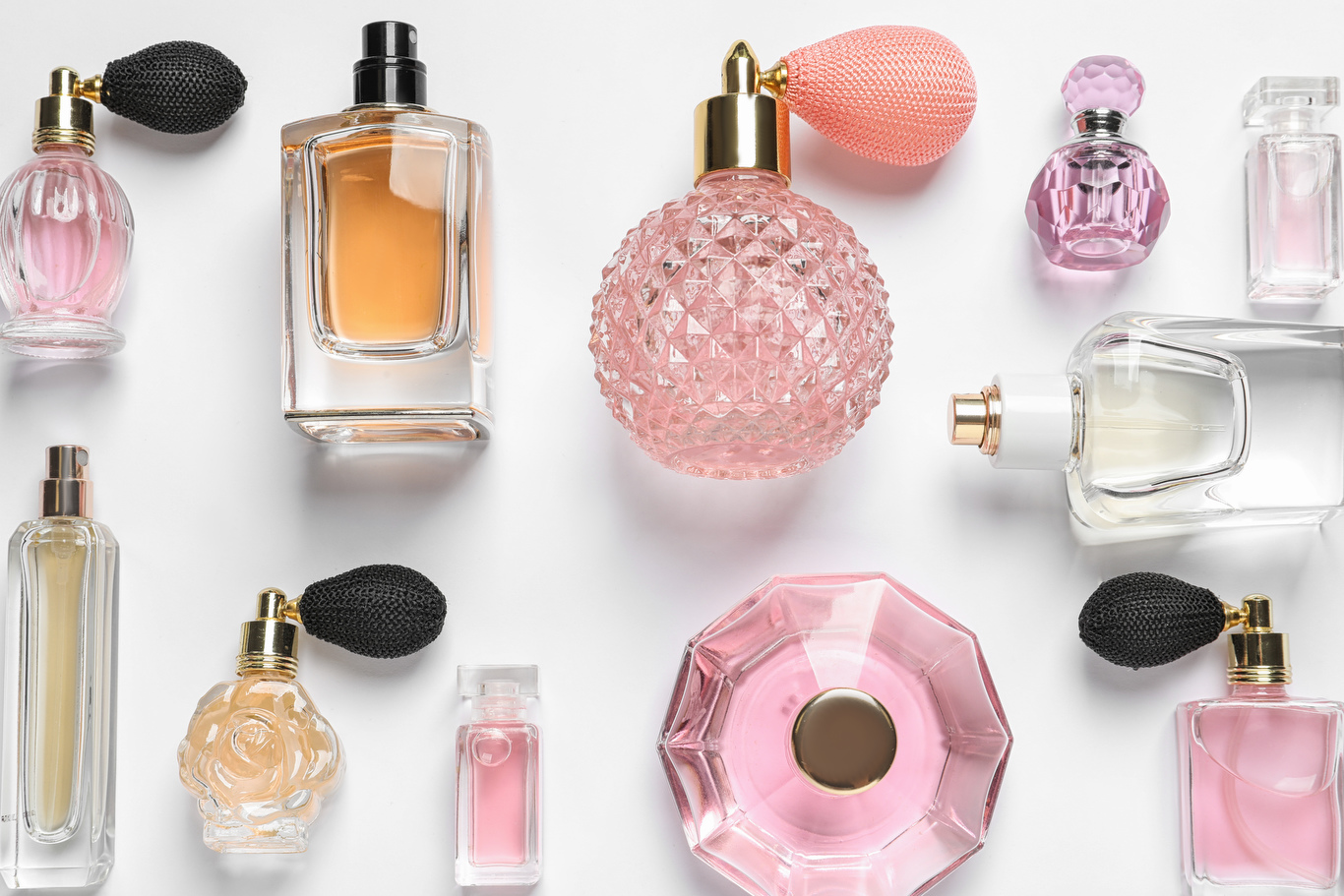Selling your fragrance is complex, rewarding, and profitable. Complex because there are numerous items to be considered bottles, labels, packaging, shipping, size, and price. Rewarding because there is nothing quite, just like the buzz of seeing your product during a quality store being bought by a customer. Profitable because if your program is successful, you will expect to sell an outsized number of bottles counting on the way or ways you’ve got to choose your Private Label Perfume Manufacturer.
Private label products or services are manufactured and are referred to as store brands, private brands, or private goods. Private brands are available in a wide selection of industries, from food to cosmetics. These products were often considered lower-cost alternatives to major brands in the past, but many private brands are now showcased as premium brands and compete with existing name brands.
Advantages of Private Label Perfume for Retailers to Market
Private brand goods also are acquired from small, quality Perfume Manufacturers that concentrate on particular product lines. Often, these companies consider producing private label brands almost exclusively. There also are regional brand manufacturers that produce private label products for specific markets.
There are many advantages for retailers to market private label products. The packaging and labels are often custom-tailored to satisfy specifications, including product name, description, company’s logo, and get in touch with information. Private labeling has more control over its different pricing strategies. There is also more freedom for retailers to make their marketing plans and to regulate their inventory available. There is a greater opportunity for profit with higher margins possible. Private branding allows retailers to make a customized and unique image, which promotes stronger customer loyalty.
Private Label Perfume allows for greater control over many factors – including sales, marketing, and distribution. The products are only available from the retailer – customers won’t enter a well-liked megastore and find the private brand product at a lower cost. Customers won’t find the private brand product elsewhere on the web either.
What do you obtain from private labeling?
With private labeling, retailers can acquire products that are already developed or changed and re-branded in a private fashion. Retailers can control many business aspects and make their unique products. They will personalize the products, add their information, additional materials, logos, titles, etc.; this will all be wiped out tons less time than it might fancy developing the merchandise from scratch.
In recent years there has been a big increase in the number of personal label brands. This is often particularly true in Europe, where private label goods account for nearly half the supermarkets’ products. This figure is closer to 25% within the US, but the trend appears to be increasing. Private brands come from several different sources. Numerous companies now offer contract manufacturing for personal goods. Perfume Manufacturers often supply private label brands. Occasionally, competing brands are even made by an equivalent large manufacturer. Ingredients, quality, and styles often differ quite a bit among these products, however.


